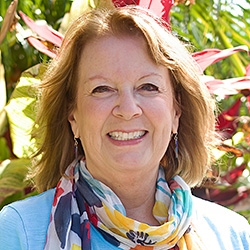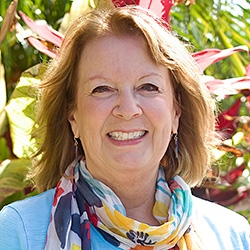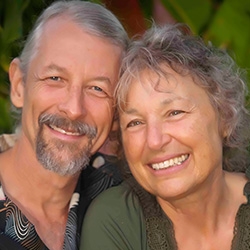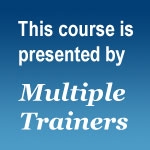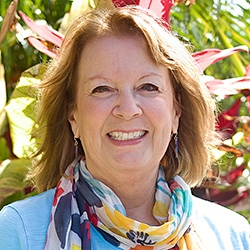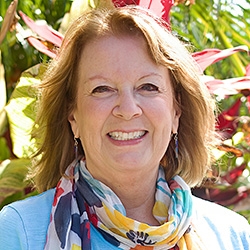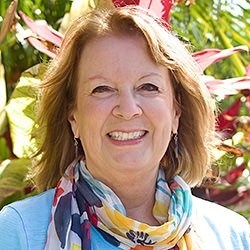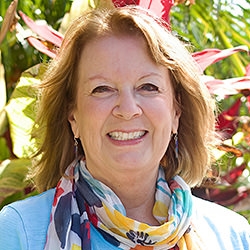
Search Results: imagination
-
Interrupt cycles of conflict by creating a new ways forward. You can do this by connecting with the energy of the met needs you want in the dynamic; guessing the other person's needs; naming your needs; asking essential questions; identifying at least three different strategies to meet each need; and imagining the positive outcome.
-
Trainer Tip: It's up to us to get our own needs met. Mary offers some encouraging tips to do just that!
-
Read on for a demonstration of self empathy -- all generated within the context of both the COVID-19 pandemic, and the changes to Bridget's life that have arisen as a result.
-
We can ask for what we want but if we repeatedly don’t get it from one source, it's our responsibility to find a new way to get it. We don’t honor our relationships when we insist that people who are unavailable or unwilling to support us meet our needs. Read on for related a parable about a woman persistently asking to get milk from a hardware store.
-
- Increase your sense of connection and compassion, even in the heat of conflict
- Deepen your access to needs consciousness and the powerful energy of gratitude
- Learn how to make powerful requests that support the flow of connection
- Expand your self-empathy skills to help you shift away from reactivity
-
- Celebrate and nurture your relationship to the Earth — and each other!
- Explore your connections to family, partner, work, nature, self and more
- Discover new ways to grow in community and work together to make this world a better place
- Engage and immerse yourself in NVC while making new friends!
-
This exercise is most often the first activity in a beginning level workshop after the usual logistics/history/check-in. Penny Wassman experiences it as an opportunity for people to build connection with one another.
-
Ask the Trainer: "A participant in our beginners' NVC practice group asked the co-facilitators if there was a confidentiality agreement that was typically used in NVC practice groups?"
-
Ask the Trainer: "I've been feeling frustrated and angry quite a bit lately over very simple things. Can you help me get to the root of my hidden needs?"
-
What is a good baby? If you have been raised in a Western culture, chances are you know the answer right away (whether or not you agree with it). A good baby is one that doesn't cry! The training against vulnerability starts very early in life.
-
An exploration of four types of feedback: destructive criticism, constructive criticism, feedback by demonstration and dialogue.
-
Ask the Trainer: "I understand that I'm not responsible for someone else's feelings, but my girlfriend doesn't. Do you have ideas for how I could get her to understand this concept?"
-
Ask the Trainer: "In trainings I say our jackals are thoughts and now I've come to wonder if all thoughts are jackals...?"
-
Join CNVC Certified Trainers, Raj Gill and Mary Mackenzie as they explore the Nonviolent Communication process of Empathy. This audio will support people with a basic understanding of Nonviolent Communication who want to deepen their ability for empathic presence.
-
Some of my core beliefs make experiencing gratitude difficult . For example, it’s difficult to celebrate others or myself when I think I have to prove my worth in order to be accepted. So much energy goes into proving myself, there’s little left for celebration.
-
Trainer Tip: Have you ever noticed how often we back up when we find ourselves in a conflict? Or how much we try to pull away when someone is angry or in emotional pain?
-
Jim and Jori offer a tip to stay present in the face of our reactivity to witnessed conflict.
-
Trainer Tip: Persisting without demanding is the art of what Marshall Rosenberg fondly called "Dogging for our needs." We can learn to not give up on our needs and at the same time, refrain from demanding they be met.
-
I greatly enjoyed my New Year’s Peace Meditation yesterday as it brings together NVC enthusiasts from across the world. It is one of my favorite traditions for welcoming the New Year!
-
October always makes me think about Marshall Rosenberg, the founder of Nonviolent Communication. He was born October 6, 1934. If he were still alive today (he died February 7, 2015), he would be 89 years old!


